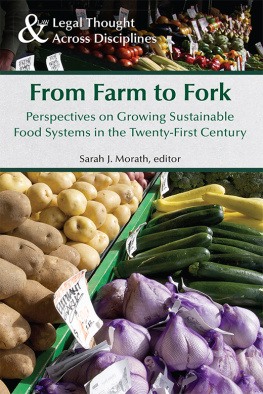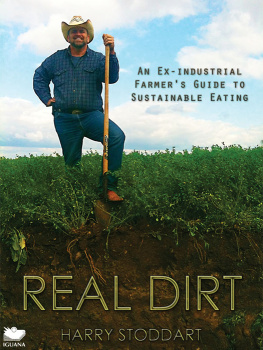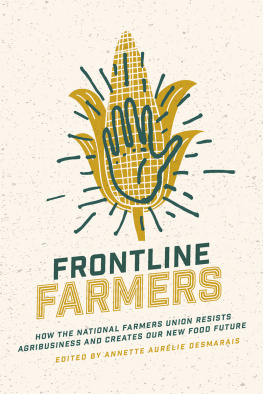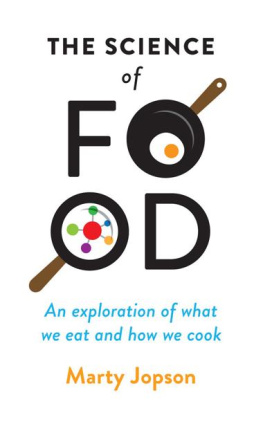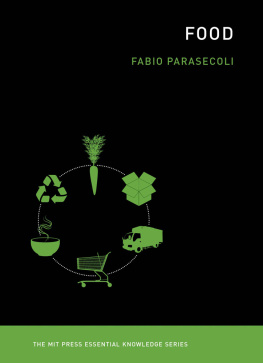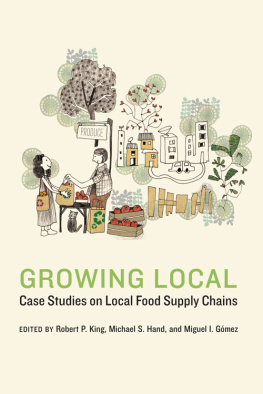Sarah Morath - From Farm to Fork: Perspectives on Growing Sustainable Food Systems in the Twenty-First Century
Here you can read online Sarah Morath - From Farm to Fork: Perspectives on Growing Sustainable Food Systems in the Twenty-First Century full text of the book (entire story) in english for free. Download pdf and epub, get meaning, cover and reviews about this ebook. year: 2016, publisher: University Of Akron Press, genre: Politics. Description of the work, (preface) as well as reviews are available. Best literature library LitArk.com created for fans of good reading and offers a wide selection of genres:
Romance novel
Science fiction
Adventure
Detective
Science
History
Home and family
Prose
Art
Politics
Computer
Non-fiction
Religion
Business
Children
Humor
Choose a favorite category and find really read worthwhile books. Enjoy immersion in the world of imagination, feel the emotions of the characters or learn something new for yourself, make an fascinating discovery.
- Book:From Farm to Fork: Perspectives on Growing Sustainable Food Systems in the Twenty-First Century
- Author:
- Publisher:University Of Akron Press
- Genre:
- Year:2016
- Rating:4 / 5
- Favourites:Add to favourites
- Your mark:
From Farm to Fork: Perspectives on Growing Sustainable Food Systems in the Twenty-First Century: summary, description and annotation
We offer to read an annotation, description, summary or preface (depends on what the author of the book "From Farm to Fork: Perspectives on Growing Sustainable Food Systems in the Twenty-First Century" wrote himself). If you haven't found the necessary information about the book — write in the comments, we will try to find it.
Interest in the food we eat and how it is produced, distributed, and consumed has grown tremendously in the last few years. Consumers are exchanging highly processed, genetically engineered, chemical-laden, and pesticide-contaminated food often associated with big agribusinesses for fresh produce grown using organic methods. The growth of farmers markets from 1,755 in 1994 to over 7,500 today, in both urban and rural areas, is just one indication that consumers are interested in knowing who produced their food and how the food was produced.
This book addresses the importance of creating food systems that are sustainable by bringing together a number of experts in the fields of law, economics, nutrition, and social sciences, as well as farmers and advocates. These experts share their perspectives on some of the pressing issues related to sustainable food systems and offer solutions for achieving healthy, sustainable, and equitable food systems in the future.
Sarah Morath: author's other books
Who wrote From Farm to Fork: Perspectives on Growing Sustainable Food Systems in the Twenty-First Century? Find out the surname, the name of the author of the book and a list of all author's works by series.

